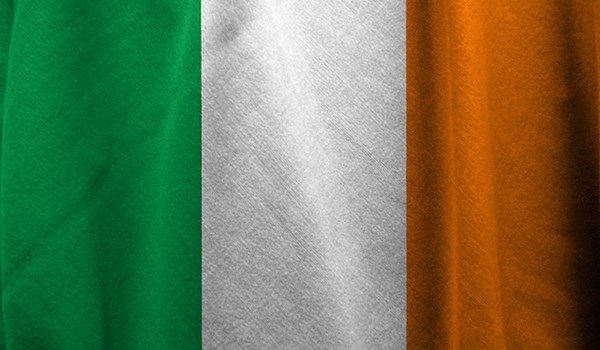Jurisdictions
Regions
Industry Sectors
26/08/21
EUROPE: Emmanuel Macron to push tax deal on Irish visit.

As published on politico.eu, Wednesday 25 August, 2021.
The French president is heading to Ireland on Thursday, hoping to persuade leaders to sign up to the global tax deal brokered by the OECD in July.
Emmanuel Macron will first meet the Irish President Michael Higgins, before joining the Irish Taoiseach Micheál Martin for a working lunch, followed by a press conference. The trip is Macron’s first visit to Ireland since entering office, and the leaders are set to discuss Afghanistan and Brexit, as well as taxation.
Macron and Martin will no doubt find lots of common ground, from standing up to Boris Johnson on Brexit to rejoicing about the increased maritime traffic between France and Ireland — but taxation is a sore point in the relationship.
The toughest talking on Ireland’s resistance to the global tax deal may take place next door at the Irish Department of Finance. There, French Finance Minister Bruno Le Maire has his own working lunch with his Irish counterpart Paschal Donohoe, who is also president of the Eurogroup.
Ahead of the visit, an Elysée official told journalists that the French believe the Irish “have not completely closed the door” on joining the deal brokered by the Organization for Economic Cooperation and Development. “It will be the focus of our talks and we are heading to Ireland to listen and understand the difficulties they face,” he said.
Ireland is among a handful of nations yet to accept the proposal to create a global 15 percent minimum corporate tax rate and redistribute tax revenues from very large corporations to countries where they have their sales. Many big multinationals such as Google, Apple and Facebook have set up offices in Ireland, attracted by the country’s low 12.5 percent corporate tax rate.
Those multinationals employ nearly a third of Ireland’s total workforce and, because of their comparatively high salaries, generate half of its income tax haul. France, which has headline rates nearer 30 percent, argues that the Irish have poached U.S. investment that might otherwise have landed in France.
But the French believe the mood may be changing in Dublin. “The Taoiseach and the ministry of finance gave us signals they were ready to work [on this] and look at the details of the deal,” said the Elysée official, “and generally the talk on taxation in Irish business circles is evolving.”
That may be wishful thinking on the French side. A senior official in Dublin told POLITICO that Ireland will continue to argue in favor of retaining its 12.5 percent rate, insisting that movement and concessions are possible in advance of October’s planned confirmation of a new global 15 percent charge on corporate profits.
“We cannot prevent other jurisdictions from charging additional corporate tax on profits beyond Ireland’s own sovereign rate of 12.5 percent,” the Irish official said. “Likewise, our European partners know well that tax is a sovereign matter and the policies being proposed at OECD level will not in any way prevent Ireland from continuing to manage its taxation policies as a sovereign matter.”
Privately, some Irish lawmakers bristle at pressure from Paris to hike rates. They note that French corporate tax is unnecessarily complicated with regional rebates and loopholes, and in most cases, France levies far lower rates in practice on corporate profits than its headline rates suggest.
“The French have been having a go at us for decades and they’ve never honestly acknowledged why American companies choose Ireland instead of France,” said a lawmaker on the Irish parliament’s finance committee, speaking on condition of anonymity. “It’s not just about taxing profits. It’s also about lower labor costs, less red tape and no language barrier, as well as our unwavering commitment to a simple, consistent regime of corporate tax. That will continue to make Ireland attractive as a base for U.S. multinationals in the European Union, particularly now that Britain’s gone.”
Getting Ireland onside is vital. The European Commission plans to turn the global rate into EU law with a bill early next year and its tax initiatives need unanimity to pass through Brussels’ legislative machine.
Estonia and Hungary also opposed the minimum rate. And while three countries versus 24 might not sound like a big hurdle, it’s worth remembering that the EU’s bid to introduce a digital services tax in 2019 failed because Ireland, Denmark, Sweden and Finland said no.
But they are signs the lines are moving in Ireland says Oxfam’s senior tax advisor Quentin Parrinello. “If they refuse to do it, the losers will be Ireland not someone else, because if Ireland refuses to collect money from U.S. companies, the U.S. will collect it instead,” he said.
For Parrinello, the OECD deal is a missed opportunity with too many loopholes and a minimum rate that is too low. “We are faced with governments that say we need to repay the coronavirus bill, that are looking for money everywhere, and yet there was a very easy way to find money stashed in tax havens,” he said.



